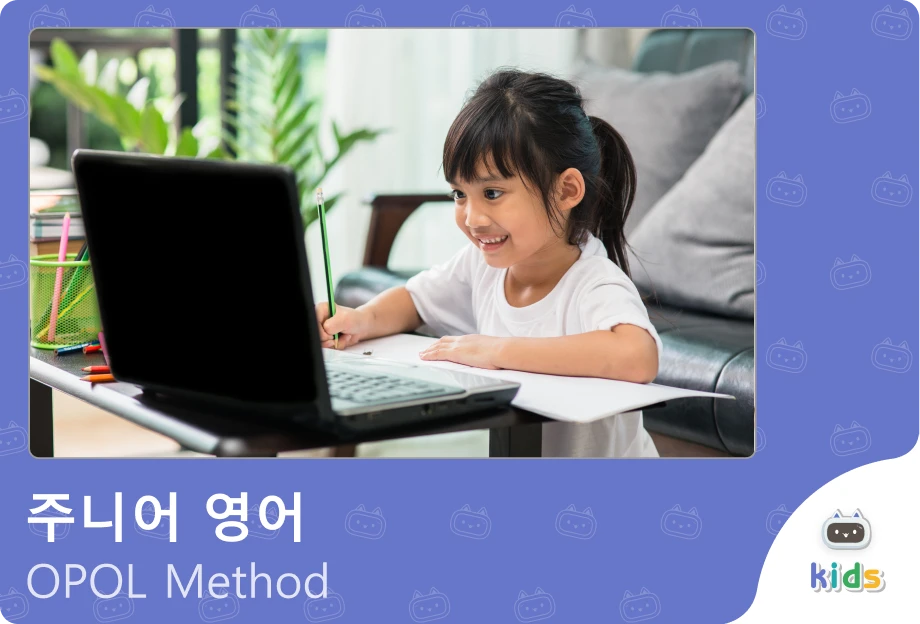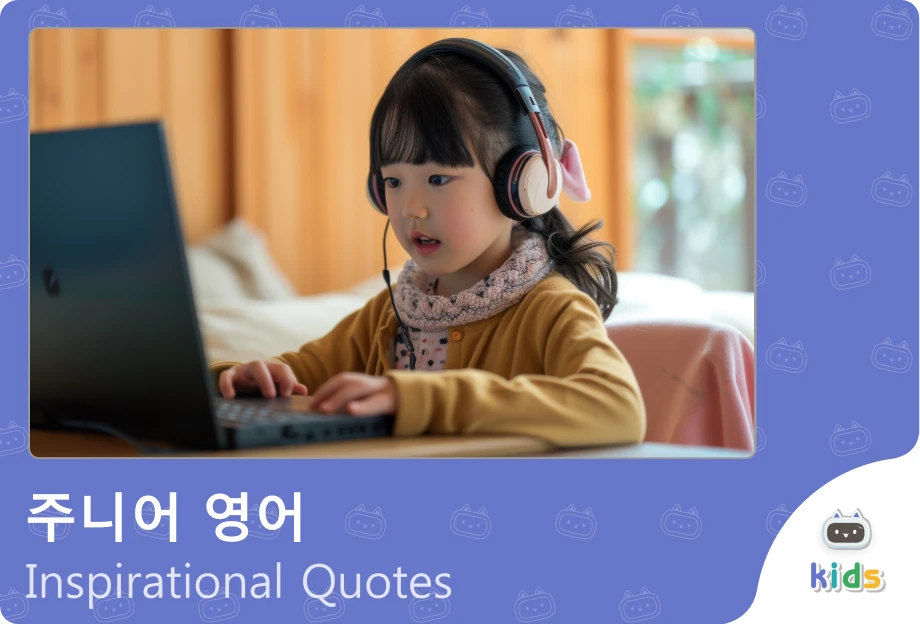두뇌와 언어 능력을 함께 키우기
영어를 배우는 아이들에게 재미있는 영어 수수께끼는 학습을 더욱 흥미롭게 만듭니다. 영어 수수께끼는 아이들이 단어를 배우고 문장을 이해하는 데 도움이 되는 동시에, 사고력을 키우는 데도 큰 도움이 됩니다. 아이들이 즐길 수 있는 다양한 영어 수수께끼들을 알아보겠습니다.
두뇌를 자극하는 어려운 수수께끼 모음
아이들이 도전할 수 있는 어려운 영어 수수께끼를 소개합니다. 이러한 수수께끼는 영어 학습을 더욱 흥미롭게 만들고, 아이들이 논리적으로 생각하는 능력을 키워줍니다.
Riddle: What has keys but can’t open locks?
Answer: A piano.
Explanation: “The piano has many keys, but it cannot open any locks.”
Riddle: I speak without a mouth and hear without ears. I have no body, but I come alive with wind. What am I?
Answer: An echo.
Explanation: “An echo repeats your words but has no mouth to speak.”
Riddle: I’m tall when I’m young, and I’m short when I’m old. What am I?
Answer: A candle.
Explanation: “A candle gets shorter as it burns, making it old.”
Riddle: The more you take, the more you leave behind. What am I?
Answer: Footsteps.
Explanation: “Every step you take leaves a footprint behind.”
Riddle: What has a heart that doesn’t beat?
Answer: An artichoke.
Explanation: “An artichoke has a heart, but it doesn’t beat like ours.”
Riddle: I am not alive, but I grow; I don’t have lungs, but I need air; I don’t have a mouth, but water kills me. What am I?
Answer: Fire.
Explanation: “Fire needs air to burn, but water can extinguish it.”
Riddle: What can travel around the world while staying in a corner?
Answer: A stamp.
Explanation: “A stamp on a letter can travel far without leaving its corner.”
Riddle: I have cities, but no houses; forests, but no trees; and rivers, but no water. What am I?
Answer: A map.
Explanation: “A map shows cities and rivers, but they aren’t real.”
Riddle: What is seen in the middle of March and April that can’t be seen at the beginning or end of either month?
Answer: The letter “R.”
Explanation: “The letter ‘R’ is found in the middle of both ‘March’ and ‘April’.”
Riddle: I have keys but no locks, space but no room, and you can enter but not go outside. What am I?
Answer: A keyboard.
Explanation: “A keyboard has many keys but no doors to unlock.”
이러한 어려운 수수께끼는 아이들이 새로운 단어와 표현을 배우는 동시에, 영어로 생각하는 능력을 키우는 데 도움이 됩니다.
쉬운 영어 수수께끼 모음
모든 연령대의 아이들이 즐길 수 있는 쉬운 영어 수수께끼도 있습니다. 이러한 수수께끼는 영어 학습 초기 단계의 아이들에게 적합하며, 기초적인 어휘와 문장 구조를 배우는 데 유익합니다.
Riddle: What has to be broken before you can use it?
Answer: An egg.
Explanation: “You have to break the egg to cook it.”
Riddle: What has a face and two hands but no arms or legs?
Answer: A clock.
Explanation: “The clock’s face shows the time.”
Riddle: What gets wetter as it dries?
Answer: A towel.
Explanation: “A towel gets wet as it dries you.”
Riddle: What has one eye but can’t see?
Answer: A needle.
Explanation: “A needle’s eye is for thread, not for seeing.”
Riddle: What goes up but never comes down?
Answer: Your age.
Explanation: “As time passes, your age increases but never decreases.”
Riddle: What belongs to you, but other people use it more than you?
Answer: Your name.
Explanation: “People call your name more often than you say it yourself.”
Riddle: I’m light as a feather, yet the strongest person can’t hold me for five minutes. What am I?
Answer: Your breath.
Explanation: “No one can hold their breath forever, even though it’s light as air.”
Riddle: What has a head, a tail, is brown, and has no legs?
Answer: A penny.
Explanation: “A penny has a head and tail, but it can’t walk.”
Riddle: What has many teeth, but cannot bite?
Answer: A comb.
Explanation: “A comb’s teeth help to smooth your hair, not bite.”
Riddle: What has four wheels and flies?
Answer: A garbage truck.
Explanation: “A garbage truck has four wheels and carries trash, which flies.”
이와 같은 수수께끼는 어린 아이들에게 영어를 더 쉽게 이해하고 즐길 수 있는 방법을 제공합니다.
아이들의 발달에 도움이 되는 논리 퍼즐의 이점
수수께끼와 같은 논리 퍼즐은 아이들의 두뇌 발달에 매우 긍정적인 영향을 미칩니다. 그 이유는 다음과 같습니다.
사고력 향상
수수께끼를 풀기 위해서는 논리적으로 생각하고 문제를 해결하는 능력이 필요합니다. 이는 아이들의 사고력과 문제 해결 능력을 향상시키는 데 도움을 줍니다.
어휘력 강화
영어 수수께끼를 풀면서 새로운 단어와 표현을 자연스럽게 익히게 됩니다. 이를 통해 어휘력이 향상되고, 영어 학습에 대한 자신감이 생깁니다.
기억력 증진
수수께끼를 자주 접하다 보면 아이들의 기억력도 함께 향상됩니다. 새로운 정보를 기억하고 이를 응용하는 능력이 강화되기 때문입니다.
창의력 개발
수수께끼는 정해진 틀에 박힌 사고방식에서 벗어나 창의적으로 생각하는 능력을 키워줍니다. 이는 전반적인 학습 능력에 긍정적인 영향을 미칩니다.
FAQ
아이들이 수수께끼를 통해 영어를 배우는 것이 효과적인가요?
네, 수수께끼는 아이들이 영어를 재미있고 자연스럽게 배울 수 있는 훌륭한 학습 도구입니다. 수수께끼는 단순히 단어를 암기하는 것이 아니라, 그 단어가 실제로 어떻게 사용되는지, 문장 구조가 어떻게 구성되는지를 이해하도록 도와줍니다. 아이들이 수수께끼를 풀면서 새로운 어휘와 표현을 배우게 되며, 이는 영어 학습에 대한 흥미를 높이는 동시에, 언어적 감각을 기르는 데도 큰 도움이 됩니다. 또한, 수수께끼의 문제를 해결하는 과정에서 아이들은 영어를 더 깊이 있게 이해하고, 문제를 해결하기 위해 논리적으로 사고하는 법을 익힐 수 있습니다.
수수께끼는 어떤 연령대의 아이들에게 적합한가요?
수수께끼는 모든 연령대의 아이들에게 적합한 학습 활동입니다. 어린 아이들에게는 비교적 쉬운 수수께끼를 통해 영어에 대한 자신감을 심어줄 수 있고, 나이가 조금 더 많은 아이들에게는 복잡하고 어려운 수수께끼를 통해 사고력을 키워줄 수 있습니다. 예를 들어, 유치원이나 초등학교 저학년 아이들은 간단한 단어와 개념을 사용한 수수께끼로 시작할 수 있으며, 중고등학생들은 더 복잡한 어휘와 추상적인 개념을 포함한 수수께끼로 도전할 수 있습니다. 이렇게 단계별로 난이도를 조절함으로써 아이들은 자신의 영어 실력을 꾸준히 향상시킬 수 있습니다.
수수께끼를 자주 푸는 것이 아이들의 두뇌 발달에 도움이 되나요?
그렇습니다. 수수께끼를 자주 푸는 것은 아이들의 두뇌 발달에 매우 긍정적인 영향을 미칩니다. 수수께끼는 논리적 사고력, 문제 해결 능력, 그리고 창의력을 동시에 자극하는 활동이기 때문에, 아이들이 다양한 방식으로 사고할 수 있도록 돕습니다. 예를 들어, 수수께끼를 풀기 위해서는 주어진 단서를 바탕으로 여러 가지 가능성을 생각해 보고, 그 중에서 올바른 답을 찾아야 합니다. 이 과정에서 아이들은 논리적인 사고 방식을 연습하고, 기억력을 강화하며, 창의적인 해결책을 모색하게 됩니다. 이는 전반적인 학습 능력과 문제 해결 능력에도 긍정적인 영향을 미치며, 아이들이 학습에 대한 자신감을 가지게 하는 데 중요한 역할을 합니다.
이와 같이 영어 수수께끼는 단순히 언어 학습의 도구로 그치지 않고, 아이들의 전반적인 인지 발달에도 큰 기여를 합니다. 따라서 다양한 난이도의 수수께끼를 활용하여 아이들이 즐겁고 효과적으로 영어를 배울 수 있도록 해보세요.
더 많은 학습을 하려면, EnglishCentral에 회원가입 후 약 20,000여개의 다양한 주제에 대한 비디오들을 시청하고, 단어를 학습하고, 말하기 연습을 할 수 있습니다. 그리고 EnglishCentral에서 1:1 말하기 수업을 통해 응용해 보시기 바랍니다!











